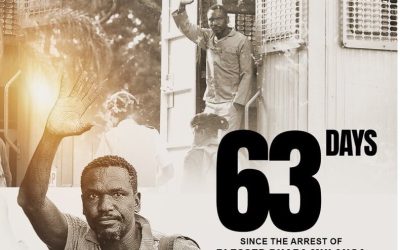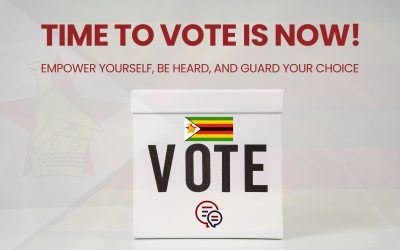The land reform program in Zimbabwe has been a contentious issue since its implementation in 2000. While the program aimed to address historical land inequalities, its impact on human rights and social justice has been significant.
Under the program, large commercial farms were forcibly taken from white farmers and redistributed to black Zimbabweans. While this was meant to address the imbalance in land ownership, the process was often violent and chaotic, with many farmers losing their homes, livelihoods, and even their lives.
The impact of the land reform program on human rights in Zimbabwe has been profound. Forced evictions and displacement of farmers and their families have resulted in widespread poverty and food insecurity, while the violence and unrest associated with the program have created a climate of fear and instability.
Moreover, the lack of compensation for the expropriation of land has raised concerns about property rights and the rule of law in Zimbabwe. The confiscation of land without compensation violates international human rights law and undermines the rights of those who have been affected.
The consequences of the land reform program are not limited to the agricultural sector. The disruption of the economy and the loss of foreign investment have further exacerbated the country’s economic and social problems.
While there are those who argue that the land reform program was necessary to address historical injustices, the negative impact on human rights and social justice cannot be ignored. Zimbabwe needs to find a way to address land inequalities without resorting to violence, and to ensure that those who have been affected by the program are given proper compensation and support.
In conclusion, the land reform program in Zimbabwe has had a profound impact on human rights and social justice. While it was meant to address historical land inequalities, its implementation has been marked by violence, instability, and the violation of basic human rights. Zimbabwe must find a way to address these issues and work towards a more just and equitable future for all its citizens.




0 Comments